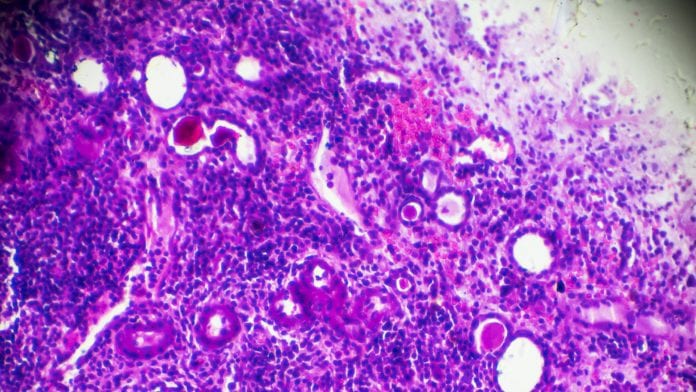
Research published in the Bosnian Journal of Basic Medical Sciences reveals that scientists have managed to control ovarian stimulation in vivo testing
According to the NHS PCOS affects one in five women across the UK alone and is among the most common endocrine disorders. Women’s Health describes Polycystic ovarian syndrome is a common health problem caused by an imbalance of reproductive hormones. This hormonal imbalance creates problems in the ovaries as the egg may not develop as it should, or it may not be released during ovulation as it should be.
PCOS represents a significant cause of female infertility around the world. Globally PCOS affects 10–25% of women of fertile age, however, despite numerous studies, the cause of PCOS is not fully understood yet.
Hormones related to reproduction
Several hormones have an important role in regulating reproduction. Among many others, anti-Müllerian hormone, and kisspeptin-1 (KISS-1) are the hormones directly related to reproductive function in the females.
Although the exact causes and mechanism of development of PCOS are still not clear, a team of researchers from the Department of Obstetrics and Gynaecology, Faculty of Veterinary Medicine, University of Firat, Turkey has investigated the role of the expression of anti-Müllerian hormone, kisspeptin-1 and kisspeptin-1 receptor (KISS1r) in polycystic ovary syndrome (PCOS) in rats.
Additionally, the group studied the controlled ovarian stimulation, aimed at increasing fertility, and raising the pregnancy chances. The research group studied controlled ovarian stimulation using hormonal, histopathological, and immunohistochemical analysis.
Higher KISS1 density
Findings of their study revealed that ovarian KISS1r density was higher in the oestrous and controlled ovarian stimulation groups and the highest levels of anti-Müllerian hormone were determined in the oestrous group.
The results of the study suggested that anti-Müllerian hormone had no effect in the development of controlled ovarian stimulation and PCOS in rats, but kisspeptin played a role in the development of controlled ovarian stimulation in rats.









